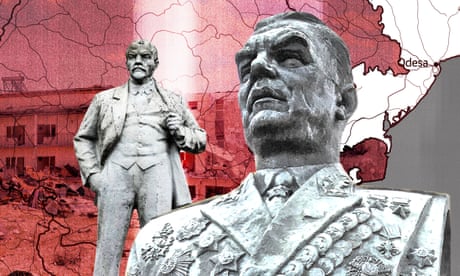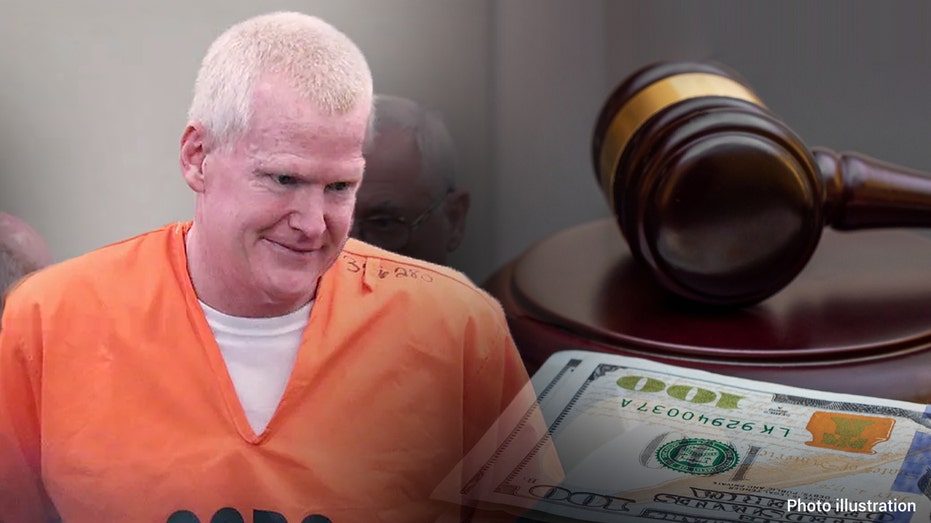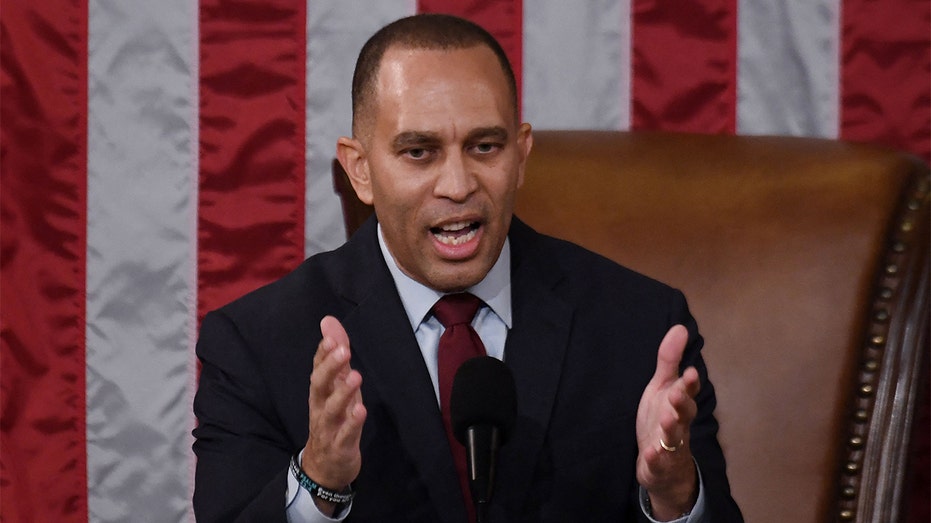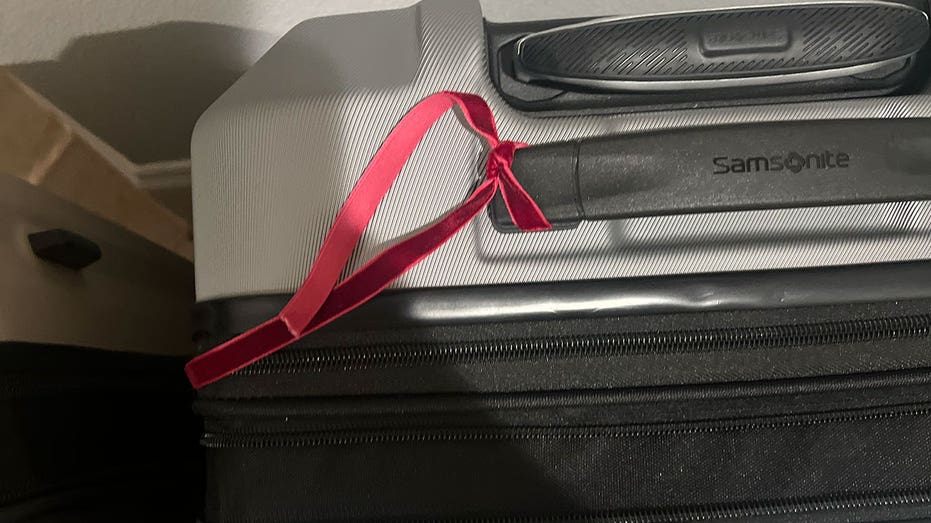- by foxnews
- 15 Jan 2025
‘We need the truth’: the campaign to ‘de-Russify’ Odesa
‘We need the truth’: the campaign to ‘de-Russify’ Odesa
- by theguardian
- 05 Jun 2022
- in news

Standing in front of a statue of a gruff-looking Soviet general, Peter Obukhov explained his plan to purge Russian names from the city of Odesa. "The things written here are unacceptable. You can see the word 'Kremlin'. And there's Lenin's face as well," he said, pointing to an inscription beneath the monument to Rodion Malinovsky.
Obukhov is a deputy in Odesa's city parliament. He said he did not want to pull down Malinovsky's statue, a fate that has befallen Lenin sculptures all across Ukraine. The Soviet defence minister was born in Odesa and liberated the city from the Nazis during the second world war. "I would rewrite the sign and get rid of the communist symbols. We need the truth," Obukhov said.
He has proposed a campaign of "de-Russification" once Vladimir Putin's war against Ukraine comes to an end. Nobody quite know when that might be. In the meantime, Obukhov has drawn up a list of historical figures who have given their names to streets in Odesa, a Russian-speaking port. Some are from its imperial past, others date from the USSR.
Acceptable names are marked in green. These include anyone with a connection to Odesa. Alexander Pushkin is on the list, despite supporting Russia's 1831 war against Poland. The poet wrote some of his masterpiece Eugene Onegin in the city, where he lived for 11 months. Catherine the Great, Odesa's founder, makes the cut, together with the writers Nikolai Gogol and Ivan Bunin.
Catherine's celebrated general Alexander Suvorov, however, is on a red list of names. Obukhov described Suvorov as a "symbol of Russian imperial militancy" and wants to rename the Odesa district named after him. The deputy proposes purging Russian locations (Baikal, Omsk, Rostov) and binning Dmitry Donskoy, a 14th-century Moscow prince.
In a poll of Odesa residents, 44% supported de-Russification, 36% were opposed, and 7% voted to bring back communist-era names. This minority was largely made up of pensioners, Obukhov said, nostalgic for the Soviet Union. The city got rid of Soviet Army Boulevard and Karl Marx Street - now Bunin Street - soon after Ukraine became independent in 1991.
Trundling through Odesa on an electrical sightseeing car, tour guide Larisa Otkalenko said she probably supported the name changes. "You can't print what I think about Putin because it's rude. What I can say is his view of history is completely untrue. It's bunk," she said. "Yes, Odesa is a Russian-speaking city. But it's also multinational and cosmopolitan."
Other foreigners who lived and settled in Odesa included Greeks, Poles and Italians, Otkalenko said. Odesa was once the third biggest Jewish city in the world, after New York and Warsaw, she added. Most perished between 1941-44 during the Nazi occupation. "We don't need Russia to save us. We can take care of ourselves," Otkalenko said, adding: "Our beautiful city was known as little Paris."
One of her customers, however, was not convinced by the plan. Natasha Smirnova, a local Odesa resident, had taken her 10-year-old daughter, Anja, on the sightseeing tour, which goes past the city's Primorsky Boulevard, overlooking Odesa's harbour. Smirnova said she was opposed to changing the name of the seaside Suvorovskiy district, where she lives. "The past is messy," she said. "But it's ours. Street names are a part of that."
Smirnova said her mother was Ukrainian and her father Russian. Her great-grandfather had perished in a Nazi concentration camp. She said she was proud of Odesa's Russian roots. At the same time she said she detested Putin's invasion and his attempt to annex Ukraine and to make it part of a new Russian imperium. As she spoke, the electric car went past Odesa's ornate French rococo opera theatre, now sandbagged.
Ukraine has already twice dismantled Soviet-era state symbols. In the 1990s many Lenin statues were removed, including those in Odesa. Kyiv's parliament embarked on a further round of "decommunisation" in 2014 after the Maidan uprising against the country's pro-Moscow president, Viktor Yanukovych, and Putin's annexation of Crimea and his war in the eastern Donbas region.
In Russian-occupied areas this process is going into reverse. In April Russian troops erected a new statue of Lenin outside the main administration building in the southern city of Henichesk, in Kherson province. They have torn down blue-and-yellow Ukrainian flags from municipal buildings and hung Russian and Soviet ones in their place. This "re-Russification" is part of Putin's attempt to erase Ukraine, Kyiv says.
Otkalenko's tour ended opposite an art nouveau mansion on Derybasivska Street, Odesa's pedestrian boulevard, named after De Ribas. "History is the servant of all ages and epochs," she said.
- by foxnews
- descember 09, 2016
Flight passenger shows luggage resembling prop from airport thriller 'Carry-On,' sparking reactions
A social media user posted a photo of a suitcase tied with a ribbon that appeared to remind people of the new action movie "Carry-On," sparking references in the comment section.
read more


